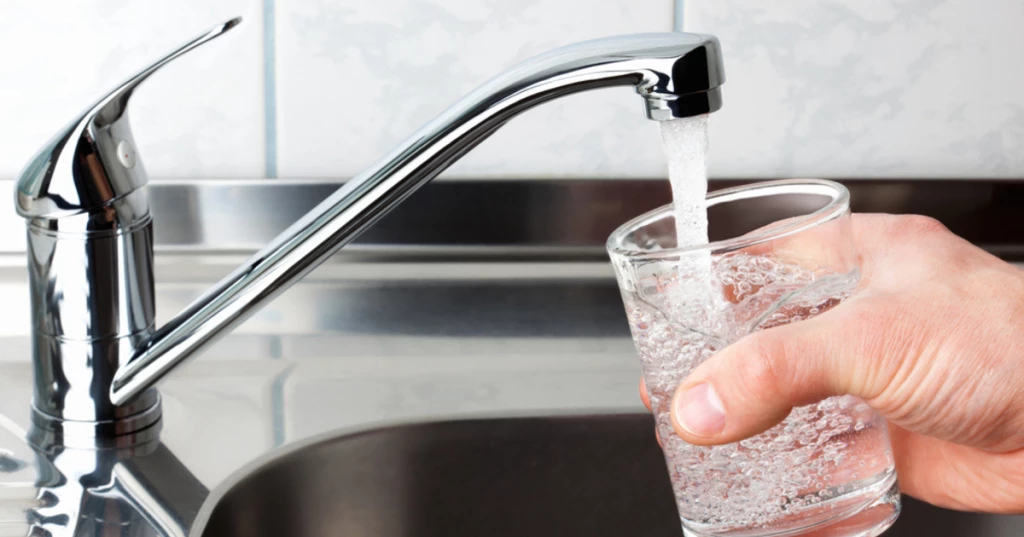It often happens that greasy water comes from the tap. This problem is mainly typical for wells but can sometimes occur with centralized water supply systems.
Greasy water from a well
An oily film on the surface of well water can have several sources:
During well drilling, drill pipes with threaded connections are gradually lowered, which are coated with lubricating materials. Some of this can be washed out over a period ranging from a few months to several years.
The use of a pump with an oil radiator, whose depressurization can cause long-lasting issues.
Contamination — if a shallow well (up to 30 meters) is located near an old diesel fuel tank, the contents of these tanks can seep through corroded cracks into quite deep underground layers. This problem is mainly characteristic of wells but can occasionally occur with boreholes.
Dishonest drilling specialists may add vegetable oil to the water to mask the smell of hydrogen sulfide.
Solving the oil problem in water

The main solution in this situation is intensive well pumping. Depending on the concentration and source of contamination, various special sorbents may be added. This method of cleaning oil from water will be effective in all cases, except when underground aquifers are contaminated with petroleum products. You cannot wash out the contamination from the well if it continues to flow in constantly.
It is important to note that experts emphasize avoiding the use of surfactants (surface-active substances) to remove oils and petroleum from water, as they are not effective.
The second solution is to install a home water purification system. It is essential that it includes sorption carbon filters. As for drinking water, only a reverse osmosis filter can be helpful in this case since other filters may allow particles to pass through, although not entirely.
Why is there oil in tap water?

Greasy water from the tap usually appears in places where the water supply system for residential use and heating is not separated. Heating system water may contain additives that reduce air lock formation, decrease rust formation, and more. These additives often contain oily components.
Also, greasy water from the tap may appear during accidents at pipelines and pumping stations. In such cases, it is advisable to call the hotline of the utility company that services your building.
Both of these problems can be resolved by flushing the water supply system.







